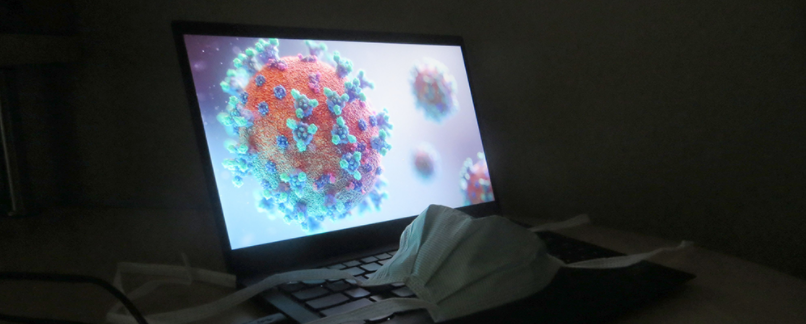
MGHPCC and the Mass Open Cloud (MOC) project are collaborating with MOC partners Intel and Red Hat to match volunteer experts in computing with projects that need help in the fight against COVID-19.
Many skilled computer architects, operators, and developers are interested in learning how they can contribute to resolution of the COVID-19 crisis. The website, Computing against Covid19 (computingagainstcovid19.org or CAC19.org), will be used as a forum for groups (e.g., hospitals, local community organizations, researchers) that need help with applications which are being used to fight the pandemic. Those groups will then be put in contact with volunteer computer architects, operators, and developers who may be able to help.
Prospective users can set up an account, submit projects, and identify what skills and knowledge a project will require. At the same time, volunteers can join the effort by identifying their expertise and offered skillset. The website will help match volunteers with projects.
Orran Kreiger (BU), PI for the MOC, in collaboration with Julie Ma from the MGHPCC along with a team from Worcester Polytechnic Institute and University of New Hampshire played a vital role in quickly setting up the website. The website is still under construction, so it will rapidly evolve in the coming days and weeks. The team is currently focusing on getting a few developers and projects on the site. They plan to open it up to the public soon. For more information, or to try it out, you can visit https://computingagainstcovid19.org/.
For more information on this and other initiatives at Boston University visit bu.edu